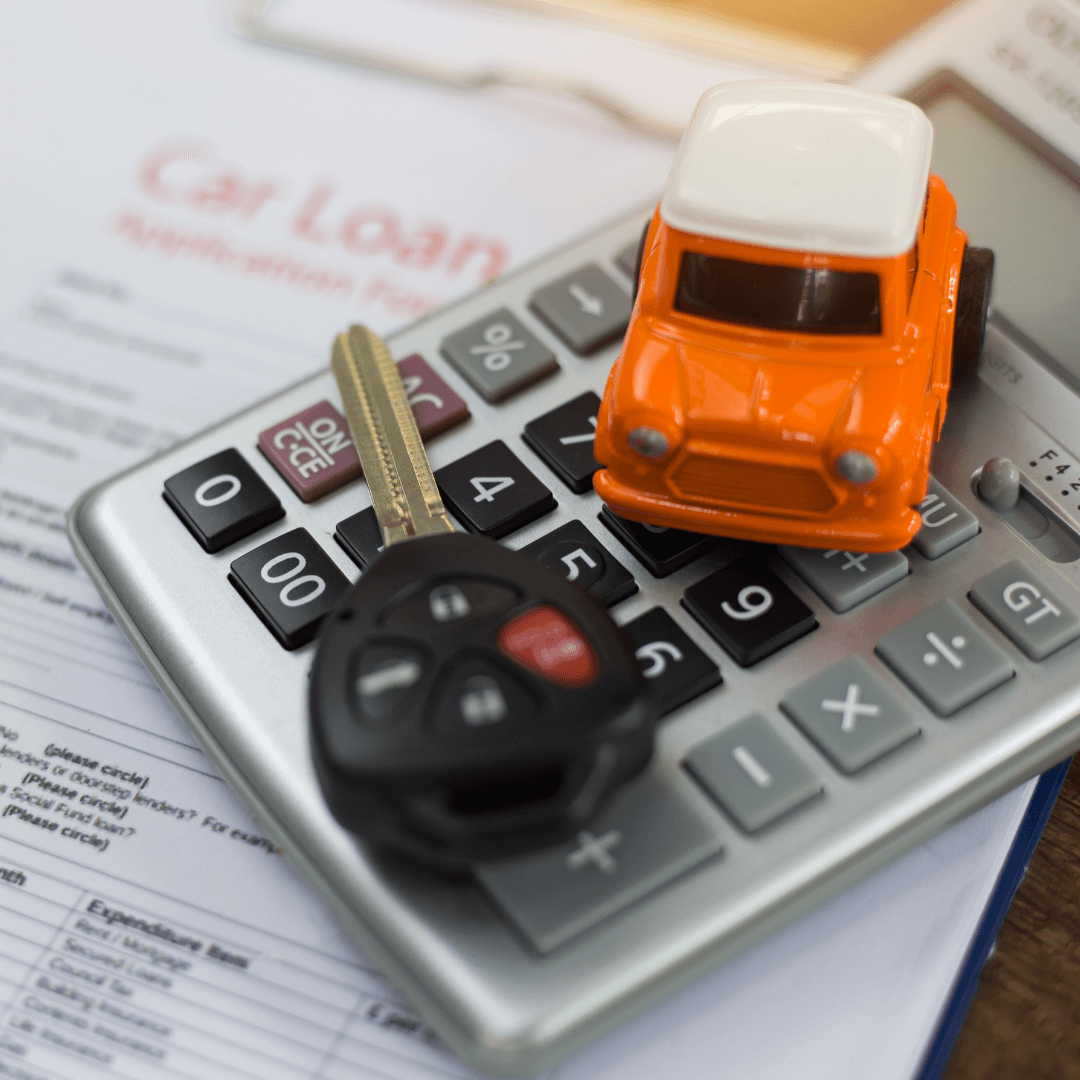Introduction
The allure of autonomous vehicles is undeniable. Imagine a world where your car drives itself, freeing you from the tedium of traffic and allowing you to work, relax, or simply enjoy the ride. While the technology is rapidly advancing, the question of cost remains a significant barrier for many potential buyers. This article delves into the various expenses associated with owning an autonomous car, providing a comprehensive overview of the financial implications.
Autonomous vehicles are still in their early stages of development and adoption, making it difficult to pinpoint precise costs. However, by analyzing current trends and expert projections, we can gain valuable insights into the financial landscape of autonomous car ownership. From initial purchase price to ongoing maintenance and insurance, we'll explore the key factors that contribute to the overall cost of owning a self-driving car.

Initial Purchase Price
The most significant expense associated with owning an autonomous car is the initial purchase price. Currently, autonomous vehicles are significantly more expensive than their traditional counterparts. This is due to the advanced technology and complex sensors required for self-driving capabilities. While prices are expected to decrease as technology matures and production scales, it's safe to assume that autonomous cars will remain a premium purchase for the foreseeable future.
Maintenance and Repairs
Autonomous vehicles require specialized maintenance and repairs due to their complex technology. The intricate sensors, software, and hardware systems necessitate skilled technicians with expertise in autonomous vehicle technology. This can lead to higher maintenance costs compared to traditional cars. However, it's important to note that autonomous vehicles are designed to be more efficient and require less frequent maintenance due to their advanced safety features and predictive driving capabilities.
Insurance
Insurance premiums for autonomous vehicles are still evolving. While some insurers offer coverage for self-driving cars, the premiums can be higher than for traditional vehicles. This is due to the uncertainty surrounding the liability and safety of autonomous vehicles. As the technology matures and data on accident rates becomes available, insurance premiums are expected to stabilize and potentially decrease.
Fuel and Energy Costs
Autonomous vehicles can be powered by various energy sources, including gasoline, electricity, and hydrogen. The fuel or energy costs will vary depending on the vehicle's powertrain and the price of fuel or electricity. However, autonomous vehicles are generally designed to be more fuel-efficient than traditional cars, potentially leading to lower fuel costs in the long run.
Conclusion
Owning an autonomous car presents a unique set of financial considerations. While the initial purchase price may be high, the potential for long-term cost savings through reduced maintenance, fuel efficiency, and increased safety could make autonomous car ownership a viable option for some. As the technology continues to evolve and become more accessible, the cost of owning an autonomous car is likely to decrease, making it a more attractive proposition for a wider range of consumers.




